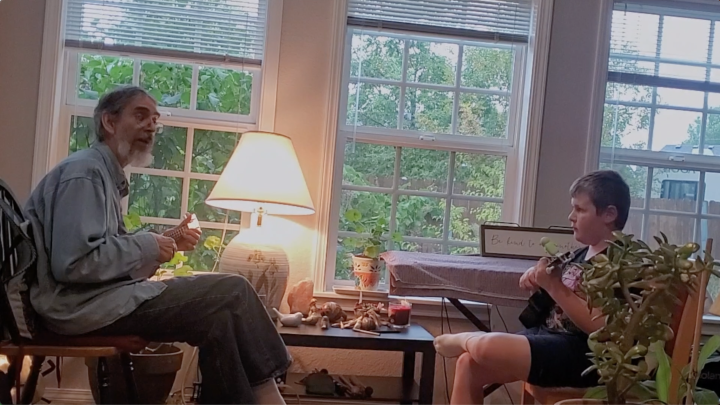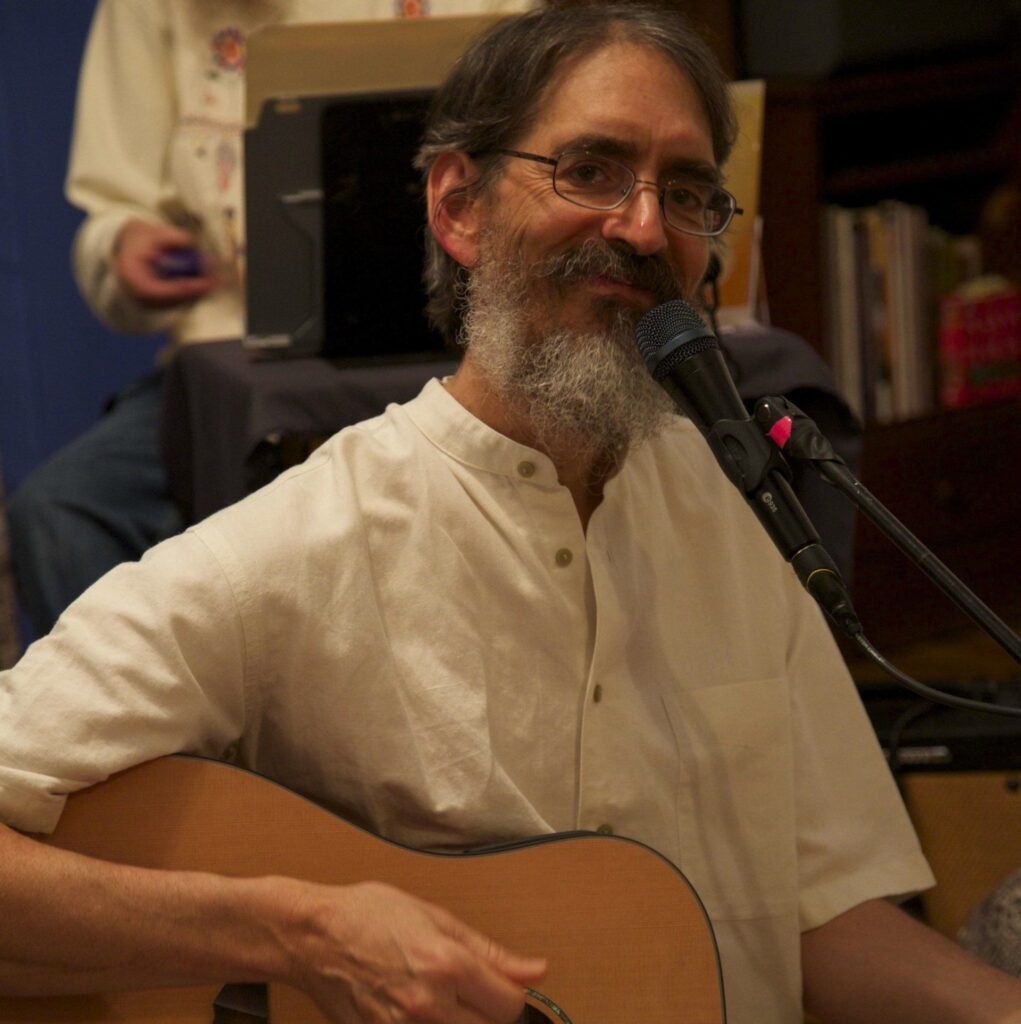
You don’t need conventional music training to write great songs.
You’ve wanted to learn how to play, write or sing your own songs ever since you can remember, but you feel you’re falling into the trap of comparing yourself to “professional musicians” who’ve studied music all their lives, or went to music school.

The lack of confidence and anxiety tend to creep in when you think about your music.
You’ve doubted your ability to play something you’ve always wanted to, because the complexity of music theory can be intimidating – which stifles your creativity.
You look at your instrument staring wistfully at you, and you think:
“Y’know what, I don’t even think I’m gonna pick you up because my doubt just nags at me, and I feel guilty for not picking you up (and having you stare at me) – because you remind me that I’m neglecting my calling!”
Let me tell you a story about how I got here.
When I started formal music lessons, it was a classical approach to piano music with a strong emphasis on sight reading and sheet music.
And for some reason, I just didn’t resonate with the whole system.
I didn’t have really an idea why. I might have faulted myself for not being a disciplined enough student, but there was something that was missing – I was still hungry for that creative “juice”.
Later, when some of my classmates were taking band or orchestra, a lot of the real music was happening outside the school building, during lunch period, and so I gravitated toward that.
The creative freedom of this street music was appealing, but my skills would have grown quicker if I’d had a skillful mentor to take me under his wing.

I later came to recognize that emphasis on reading and playing what’s written on the page had some unintended consequences.
If the main training that I received was to be able to reproduce what other people have created, then where’s my own creative impulse in this system? It seems to be limiting in its approach.
The higher ranks of people who’ve gone through the system and become well versed (or indoctrinated in) the theory and the system feel very well suited to an obedient, submissive attitude in fitting into society.
And when I started teaching music in public schools, I felt at odds with the primary path of advancement that was available to students – mostly steering kids toward marching band or orchestra.
When I was in college, I was blessed to be exposed to some high-level competent teachers of both traditional African music and traditional Indian classical music.
Growing up as a kid in in rural North Carolina, it was common to hear folk music and bluegrass on my neighbors’ back porches, and I remember clearly my first concert experience, hearing Pete Seeger in person.
The Baroque Classical music of Vivaldi and Bach that were favorites of my parents left a profound impression on me, and I was also exposed to Ravi Shankar at an early age, along with some reggae, jazz and a hodge-podge of different ethnic music from all over the world.
And of course, I discovered Rock and Roll. My personal musical style has been influenced by the music of:
• The Beatles
• Bob Dylan
• James Taylor
• Joni Mitchell
• Carole King
• Simon and Garfunkel
• CSNY
• The Moody Blues
• The Grateful Dead
I went deep into those disciplines and fell in love with both of them. And still I had my hands in folk music. I was playing guitar. All of those threads, the folk music that is part of my American culture with roots in European and Celtic music, and folk music from all over.
“Sean’s approach is very holistic and organic. For instance, in an early lesson, he had me sing a random note that felt comfortable for me to sing. From there, we identified that note, looked at its scale and chords, and ultimately, I wrote a whole song around it.
I would have never believed that I, as a beginner, would be able to do any of these things I thought were reserved for “real” musicians who had been studying all their lives or had gone to music school.”
– Jennifer R.
There are three strong values I live by:

1. “Be true to yourself.”
The more you can be comfortable standing in your own shoes, the steadier you’ll be, and the more effectively you can hold someone else’s hand and help them find their own balance and strength.
2. “Be a perennial learner.”
As a musician, and a creative person, your art will always keep you on your growing edge if you let it. So keep practicing and keep discovering – that will keep your music fresh, and it will also keep you in touch with the heart of learning.


3. “Listen to your students.”
If you really pay attention to what your students bring, they will let you know what they need from you. If you listen to how your students see things, and what they can relate to, you can find ways to connect what they are learning to what they already know, and where their interests and passions lie.
“Sean continues to spark Ezra’s creativity and uses playfulness to keep his interest.”
– Beth E. (Ezra’s Mom)
I love watching people discover their gifts.
It’s kind of like watching a flower bloom. Sometimes you can’t tell quite what it’s going to look like when it’s closed up in the bud, but as it starts to open, its true colors start to show, and I feel blessed to be able to witness this process.
Sometimes I feel like my role is to hold a mirror up for my students so they can see how beautiful they are.
Book A Free 15-Minute Trial Session
I’d love to assess where you’re at, to help get you to where you want to be. Get in touch with me below!
“Sean has helped me discover a creative side of me that I didn’t believe was possible.”
– Teri M.
Credentials & Affiliations
Here’s the formal yada yada stuff, in case you’re interested:
Education:
- Pacific Oaks College – BA in Human Development
- Dartmouth College – Music Major
- Wesleyan University – Traditional African Drumming
- Indian Classical Music – Private instruction with music teachers in India, Oregon, and New Hampshire
Professional Affiliations:
- National Education Association
- Portland Orff-Schulwerk Association
- Oregon Old Time Fiddlers Association
- American Composers Forum
- D’Adarrio Education Collective
- SoundExchange Creative Rights Management